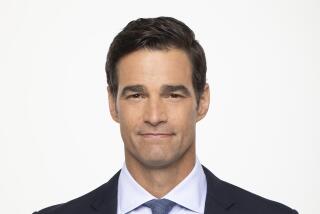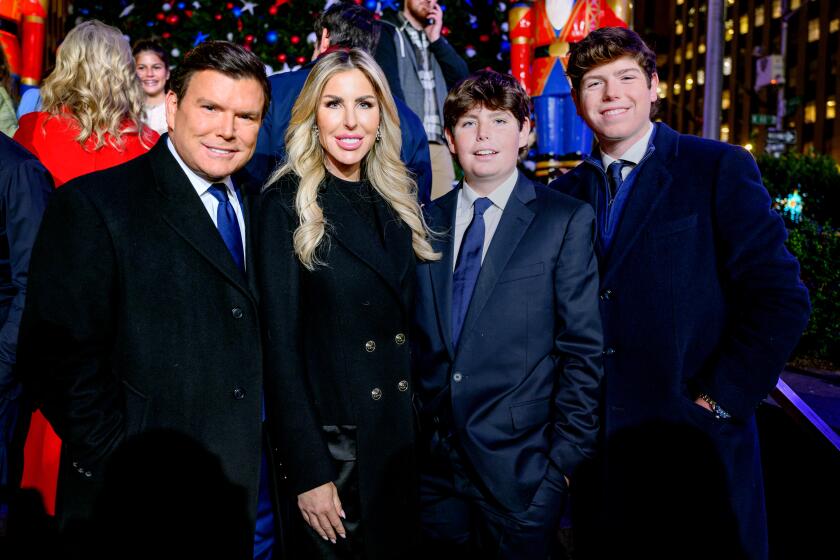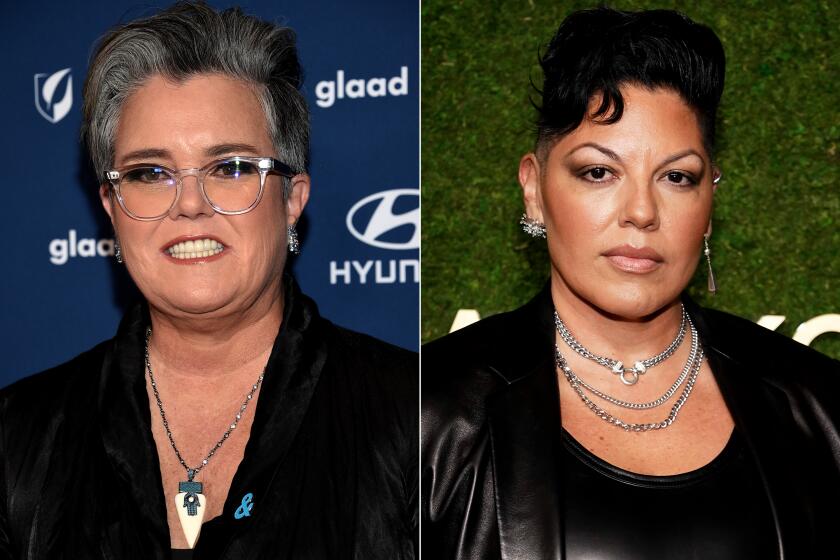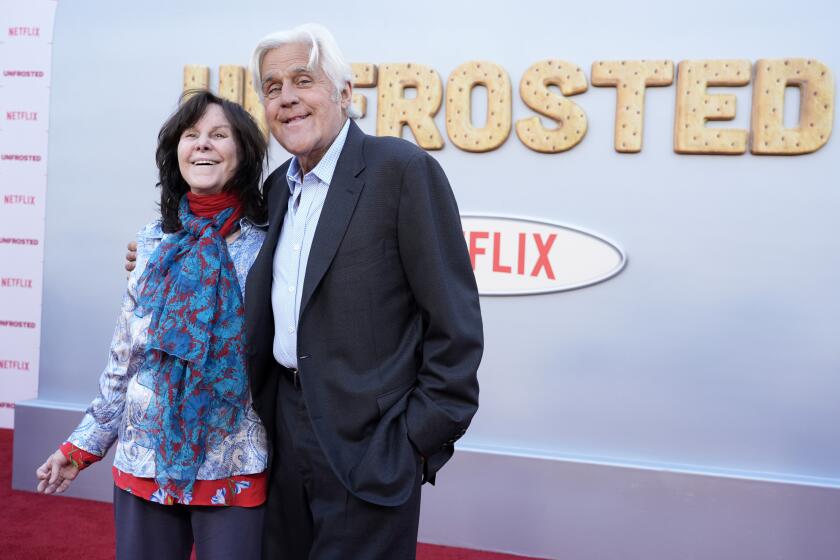Vivendi Files Suit Against InterActive
Barry Diller’s former French bosses say the entertainment-mogul-turned-Internet-entrepreneur continues to muck things up for them.
Vivendi Universal said Wednesday that it had filed a lawsuit claiming that Diller was standing in the way of its plans to sell its movie studio, theme parks and cable TV channels to NBC. Vivendi claims in the suit that Diller, chairman of InterActiveCorp, is wielding his control over some of those assets to “gain leverage” in a separate tax dispute with Vivendi.
Vivendi is eager to complete the $14-billion sale of Vivendi Universal Entertainment to NBC. The deal would combine Universal’s film, TV and studio assets with NBC’s broadcast network and cable channels.
Although the dispute could delay the transaction, which has been expected to close as early as May, few observers think it will end up being a deal breaker.
NBC’s owner, General Electric Co., has insisted that Diller give up the power he has to veto decisions affecting certain Vivendi Universal Entertainment assets. The fear has been that Diller could thwart NBC’s plans for everything from the lucrative “Law & Order” TV franchise to the future of the theme parks.
Sources close to GE said Wednesday that the company was now prepared to consider waiving its condition that Diller give up his veto powers. The sources said the thinking at GE was that NBC Chief Executive Bob Wright had invested far too much time and resources to pull back at this late hour.
For his part, Diller is eager to cash out the preferred shares he owns in Vivendi Universal Entertainment to focus on his expanding e-commerce businesses, sources said.
Diller, who was once chairman of Vivendi Universal Entertainment, wouldn’t discuss the suit Wednesday. “Other than that we will prevail, we have nothing to say about Vivendi or the litigation,” he said through a spokeswoman.
At NBC, a spokeswoman called the suit “a technical dispute” between Vivendi and InterActive and noted that NBC doesn’t need InterActive’s “consent to close the transaction.”
Michael Nathanson, a media analyst with Sanford C. Bernstein & Co., said it was highly unlikely the legal fight would derail the sale of the entertainment assets to NBC. “Neither side is going to walk away from this.”
According to Vivendi, it has offered Diller letters of credit valued at $1.9 billion and backed by U.S. Treasury securities to guarantee his investment in Vivendi Universal Entertainment, which would effectively cancel his veto powers. But Vivendi claims in the suit that Diller has so far rejected the offer. Among Diller’s demands, the suit says, is that InterActive be allowed to draw on the letters of credit if VUE’s net worth falls below an undisclosed threshold.
Diller obtained his Vivendi Universal Entertainment shares in a deal he struck in 2002 with Jean-Marie Messier, former Vivendi Universal CEO. Diller sold the USA Entertainment TV assets he owned to Vivendi for $11 billion, giving InterActive a 5.4% ownership interest in Vivendi Universal Entertainment and Diller a 1.5% stake. Diller also won a guarantee from Vivendi to buy back his stake for a minimum of $275 million.
In addition, the deal included several covenants that Vivendi executives agreed to at the time because they didn’t anticipate selling the entertainment assets so soon after buying them. These covenants include a stipulation that individual assets, such as theme parks, can’t be sold without triggering certain penalties.
Vivendi executives have been trying for more than a year to work out a deal with Diller, but to little avail.
In the separate tax dispute, Diller and Vivendi are fighting over $620 million that Diller claims Vivendi should pay to cover InterActive’s taxes on its interest in Vivendi Universal Entertainment. Vivendi says Diller is trying to tie up the NBC deal to give him leverage in this tax case.
On Wednesday, Vivendi reported a net loss for 2003 of $1.4 billion, narrower than the $28-billion loss the previous year. Vivendi Universal Entertainment saw operating profit jump 39% to $1 billion, driven by box office sales from such movies as “2 Fast 2 Furious,” “Bruce Almighty” and “Seabiscuit.”
Universal’s parks and resorts saw a 20% gain in operating profit. Universal Music Group continued to suffer from a steep industry downturn with profit down 90% to $85 million.
More to Read
The biggest entertainment stories
Get our big stories about Hollywood, film, television, music, arts, culture and more right in your inbox as soon as they publish.
You may occasionally receive promotional content from the Los Angeles Times.







